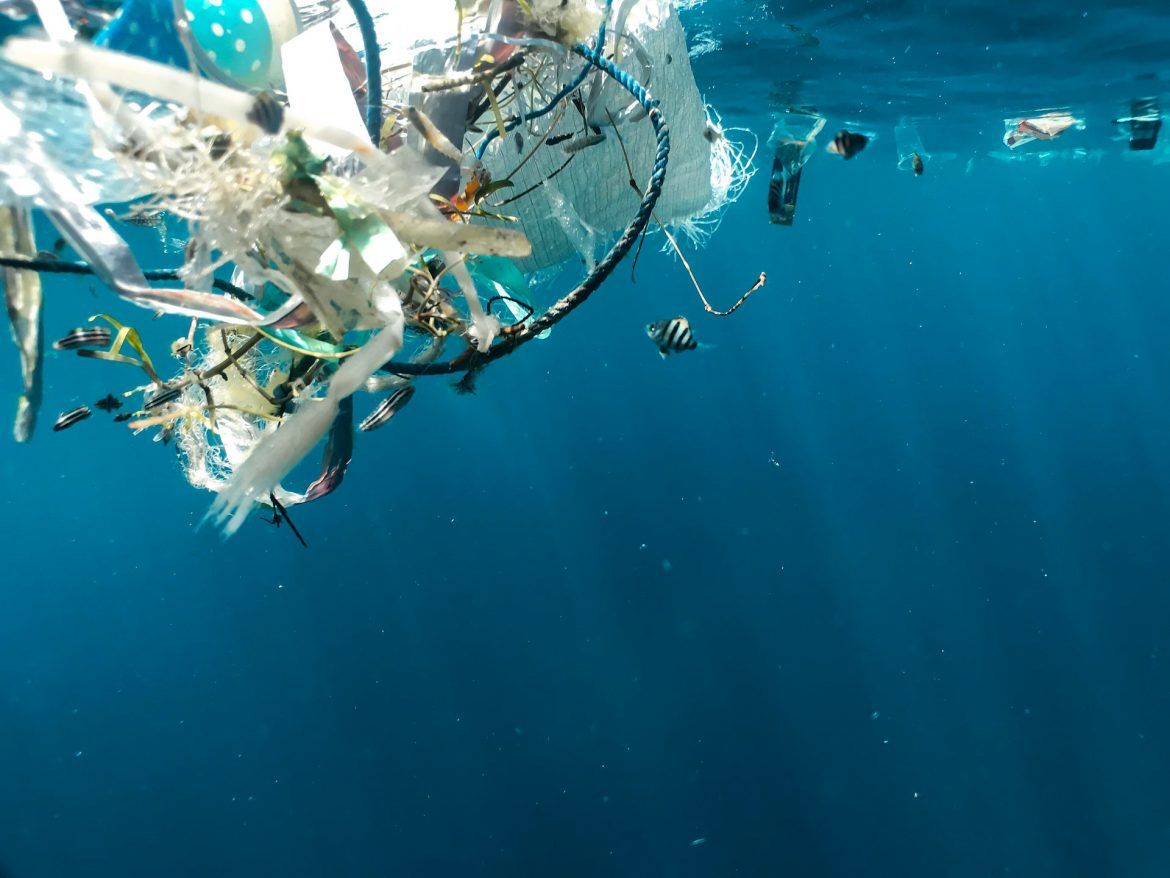Plastic pollution has become a significant threat to marine ecosystems worldwide. Every year, millions of tons of plastic waste enter our oceans, posing grave consequences for marine life and ecosystems. In this blog, we’ll explore the detrimental effects of plastic pollution on marine ecosystems and why it’s crucial to address this issue.
Plastic Pollution: A Growing Concern
The proliferation of single-use plastics, such as bottles, bags, and packaging materials, has led to an alarming increase in plastic pollution. Many of these items end up in water bodies, where they persist for hundreds of years, breaking down into smaller pieces known as microplastics.
Harm to Marine Life
Marine animals often mistake plastic debris for food, leading to ingestion and entanglement. Sea turtles, dolphins, seabirds, and fish are among the most affected species. Plastic ingestion can cause internal injuries, digestive blockages, and even death. Additionally, marine animals may become entangled in plastic debris, leading to suffocation, injury, or drowning.
Disruption of Ecosystems
Plastic pollution not only harms individual animals but also disrupts entire ecosystems. Corals, mangroves, and seagrasses, vital habitats for marine biodiversity, are threatened by plastic debris. As plastics accumulate on the ocean floor, they smother these habitats, depriving marine life of essential resources and disrupting the delicate balance of ecosystems.
Chemical Contamination
Plastics can leach harmful chemicals into the surrounding water, posing additional risks to marine life. Persistent organic pollutants (POPs) and plastic additives can accumulate in the tissues of marine organisms, causing reproductive problems, developmental abnormalities, and compromised immune systems. These chemicals can biomagnify as they move up the food chain, ultimately affecting humans who consume seafood.
Solutions and Initiatives
Addressing plastic pollution requires concerted efforts from governments, industries, and individuals. Many companies, such as The Ocean Cleanup, are developing innovative technologies to remove plastic waste from the oceans. Legislation and regulations aimed at reducing single-use plastics and promoting recycling are also crucial steps in combating this issue.
Individual Actions
While systemic change is essential, individuals can also play a significant role in reducing plastic pollution. Simple actions, such as using reusable bags and bottles, avoiding single-use plastics, and participating in beach clean-up efforts, can make a difference. Educating others about the impact of plastic pollution and advocating for sustainable practices can help raise awareness and drive positive change.
Conclusion
Plastic pollution poses a severe threat to marine ecosystems, jeopardizing the health of marine life and the integrity of ocean ecosystems. Addressing this issue requires collective action at all levels, from policy changes and technological innovations to individual behavioral shifts. By working together to reduce plastic pollution, we can protect our oceans and safeguard the future of marine life for generations to come.


